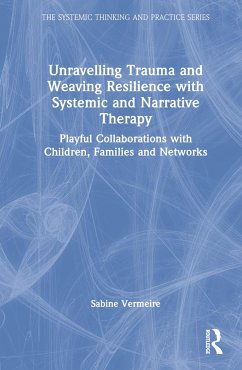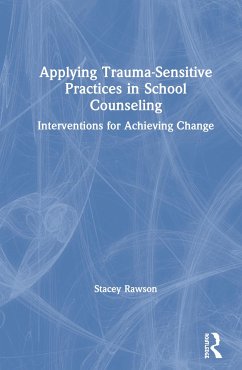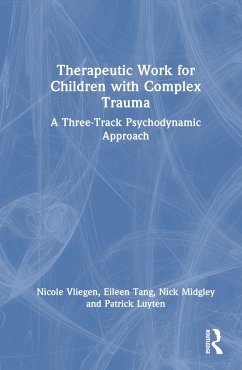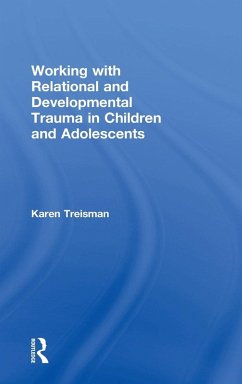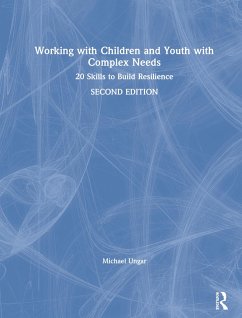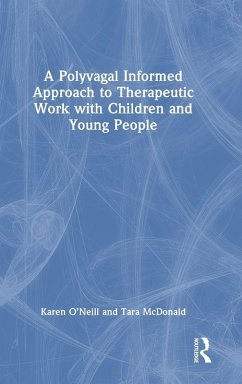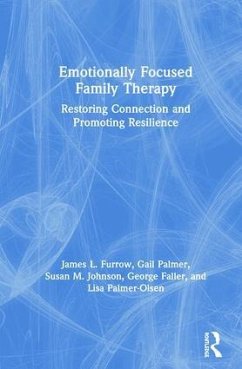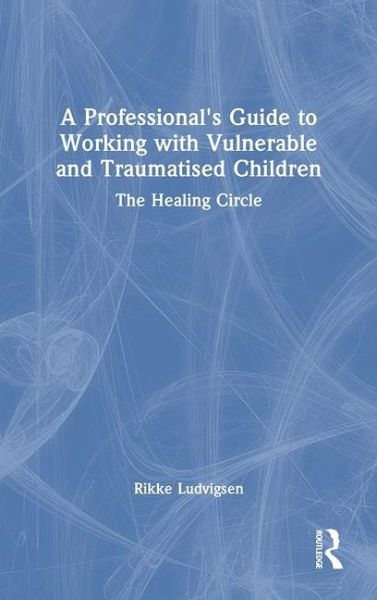
A Professional's Guide to Working with Vulnerable and Traumatised Children
The Healing Circle
Versandkostenfrei!
Versandfertig in 1-2 Wochen
158,99 €
inkl. MwSt.
Weitere Ausgaben:

PAYBACK Punkte
79 °P sammeln!
This book presents "The Circle of Safety and Reconnection", a compassionate reflection model on working with vulnerable and traumatised children and young people in a nurturing way, providing hope for post-traumatic healing and growth.




